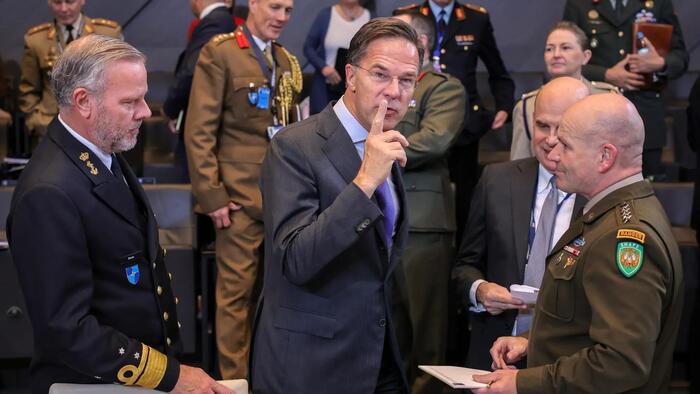Ukraine’s government has firmly declared its rejection of any alternatives to NATO membership in the context of potential peace negotiations with Russia. Reports indicate that a peace plan proposed by President-elect Trump includes security assurances but would postpone Ukraine’s accession to NATO for at least 20 years. This proposition has met with strong resistance from the Zelensky administration, which has expressed clear opposition. The Ukrainian Foreign Ministry underscored this aversion in a recent statement, recalling the lessons learned from the Budapest Memorandum, where Ukraine relinquished its nuclear arsenal in exchange for security guarantees, only to face aggression from Russia.
The Foreign Ministry’s statement emphasized Ukraine’s commitment to pursuing full NATO membership, calling on signatory nations of the Budapest Memorandum and other key states to support this objective unequivocally. It claimed that any alternative to NATO membership would essentially capitulate to Russian coercion. The Budapest Memorandum, established in 1994, was a pivotal agreement through which Ukraine disarmed its nuclear capabilities, relying on the assurances provided by Russia and other nations for its sovereignty and territorial integrity. The current Ukrainian government is adamant that genuine security for Ukraine can only be achieved through its complete integration into NATO.
President Zelenksy has been actively advocating for Ukraine’s full membership in NATO, asserting that it is critical for strengthening the nation’s security against Russian aggression. He has articulated views that NATO’s Article 5, which entails collective defense, could still apply to Ukrainian territories currently occupied by Russia. However, the response from NATO leaders has been largely cautious. NATO Secretary-General Mark Rutte stated that the immediate priority should be reinforcing Ukraine’s military capabilities rather than accelerating its NATO membership discussions, given the ongoing conflict and the risks involved.
Rutte’s remarks came just before a meeting of NATO foreign ministers and highlighted the alliance’s focus on fortifying Ukraine’s position in any forthcoming negotiations. He pointed out that the front lines are shifting, with Russian forces making advances, motivating the necessity to provide Ukraine with additional military support. This assistance is intended to empower Ukraine to negotiate peace from a position of strength, a sentiment echoed by other NATO leaders who are wary of the complexities and dangers of escalating the conflict.
Ukraine’s urgent requests for additional military aid, particularly advanced air defense systems, are intensifying as Russia continues to target critical infrastructure. Ukrainian Foreign Minister Andrey Sibiga has called for an emergency supply of at least 20 additional air defense systems to prevent further assaults on the nation’s energy capabilities. This plea underscores the desperate situation in Ukraine, as the government grapples with maintaining essential services and defending against a more aggressive Russian military presence.
In conclusion, the current geopolitical landscape remains fraught with challenges for Ukraine as it staunchly advocates for NATO membership while navigating the complexities of an ongoing war with Russia. The Ukrainian government firmly believes that securing full NATO membership is pivotal not only for its national security but also as a crucial deterrent against future aggressions. Despite this, NATO leadership appears cautious, emphasizing immediate support for Ukraine’s defense capabilities as a strategy to strengthen its negotiating position in any potential peace talks. Ukraine’s persistent efforts to reclaim its sovereignty and territorial integrity amid external pressures reflect the nation’s resilience and determination in the face of ongoing adversity.

